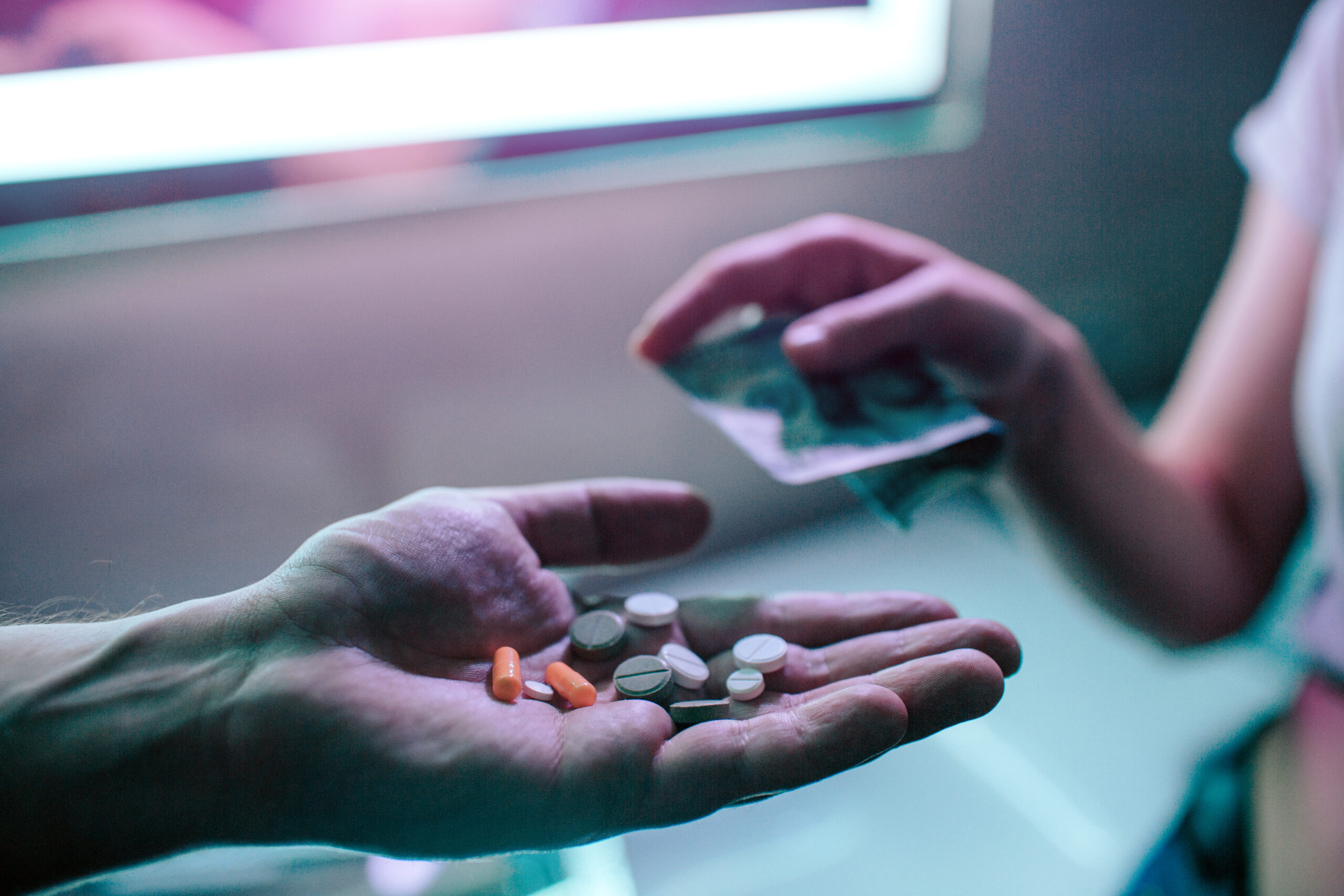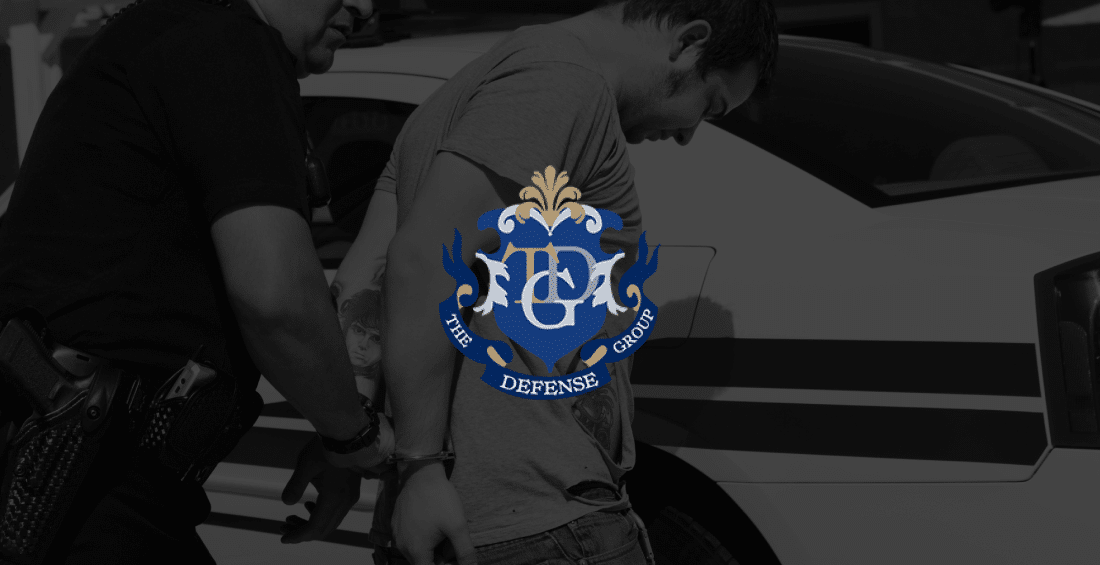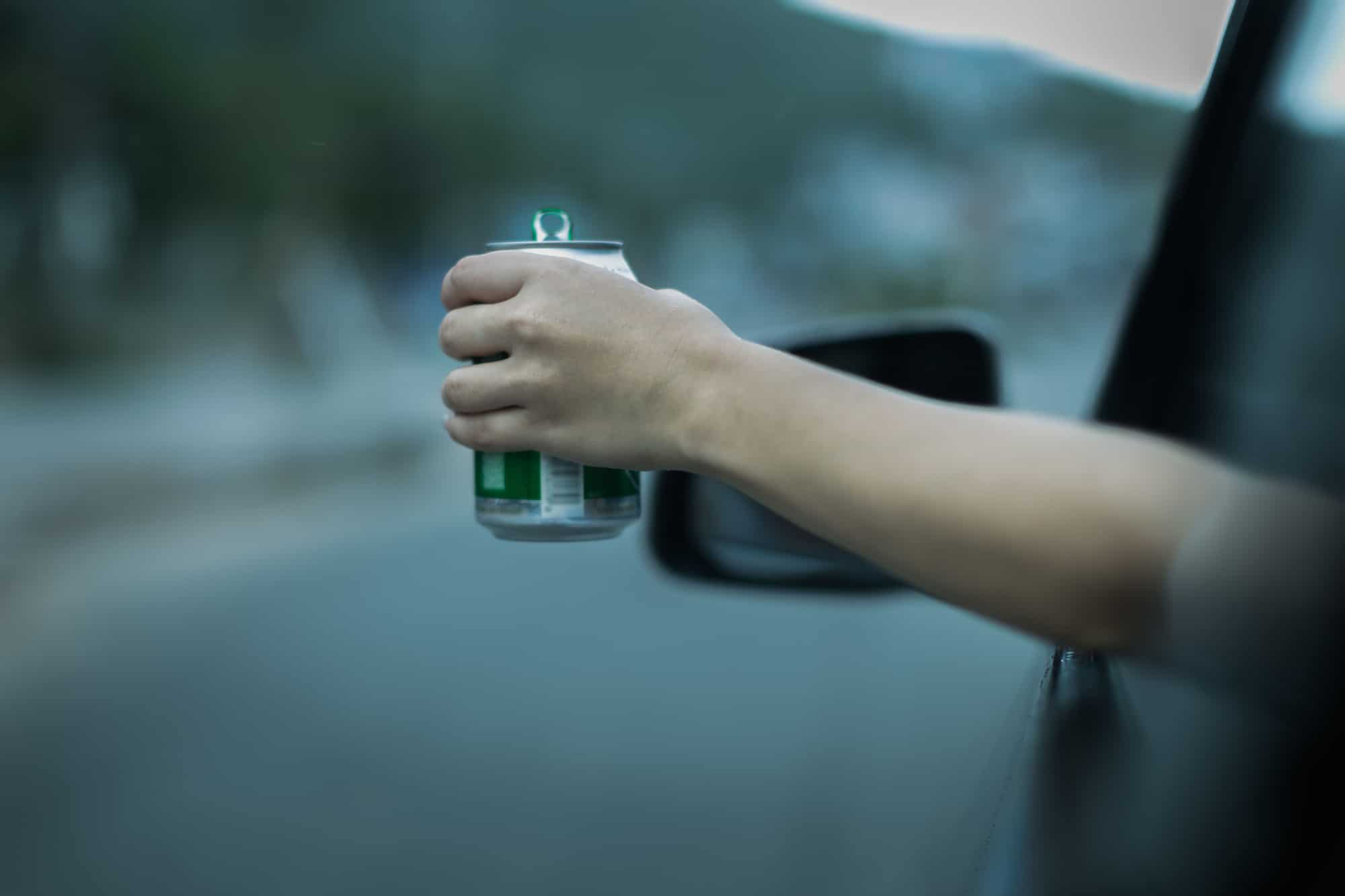Florida is no place to find yourself arrested on drug charges. This state is rough on drug offenders, and prosecutors can be overzealous. Even first-time offenders may end up incarcerated. An experienced defense attorney is your best hope to protect your rights—in some cases, they can get the charges lowered or dropped entirely.
What Does Possession Mean?
According to Florida law:
A person may not be in actual or constructive possession of a controlled substance unless such controlled substance was lawfully obtained from a practitioner or pursuant to a valid prescription or order … except as otherwise authorized by this chapter.
Fla. Stat. § 893.13(6)(a)-(b) (2023).
What do all these terms mean?
“Actual possession” refers to having the substance on your person or in your effects, such as a bag, while “constructive possession” refers to substances found in your car, dwelling, or other place under your control.
In order to violate this law, a drug has to appear on Florida’s extensive list of controlled substances, which contains five categories. Penalties vary depending on the type and amount of substance found.
- Schedule I—drugs with “high potential for abuse” that have no currently accepted medical usage; these include heroin, psychedelics, and synthetic cannabinoids
- Schedule II—drugs that also have a high potential for abuse and dependence but have a “currently accepted but severely restricted medical use”, such as cocaine, methylphenidate, and most opioids
- Schedule III—drugs with a lower potential for abuse but a risk of dependence or damage, such as anabolic steroids
- Schedule IV—drugs with a relatively lower potential for abuse that still carry a risk of dependence, including clonazepam (Klonopin) and other benzodiazepines
- Schedule V—drugs with low potential for abuse that may still carry a risk of dependence, such as medicines containing codeine
Possession of more than 10 grams of a Schedule I or Schedule II drug may be a felony of the first degree, depending on the specific drug and quantity. For example, heroin and fentanyl derivatives carry this penalty. A lesser amount or a drug from Schedules III and IV would result in a felony of the third degree. An exception for cannabis (20 grams or less) reduces its penalty to a misdemeanor of the first degree. And possession of Schedule V drugs is a misdemeanor of the second degree.
The law allows stiff penalties for these crimes:
- Felony of the first degree—up to 30 years in prison and a fine of $10,000.
- Felony of the third degree—up to 5 years in prison and a fine of $5,000
- Misdemeanor of the first degree—up to 1 year in jail and a fine of $1,000
- Misdemeanor of the second degree—up to 60 days in jail and a fine of $500
Previous offenses can also result in enhanced penalties. And a charge of possession with intent to sell, distribute, or manufacture—particularly if the officer arrested you in a “drug-free zone“— raises the severity of the charge.
The Next Steps: Defenses and Tactics
The circumstances of your arrest determine the charges you face and the possible defenses you can raise. A criminal defense attorney knows how to analyze the case and take it apart to see its weaknesses.
First, was the arrest lawful? An officer must have a reasonable suspicion of a crime to stop someone. With some exceptions, such as possessing illegal firearms, an officer also needs probable cause to arrest someone without a warrant. That means that they needed to reasonably believe a crime had been committed by the person they stopped. If the police conducted an illegal search, the evidence can be suppressed.
Furthermore, the state has to prove that:
- The drug is in fact a controlled substance as listed by law
- You had no legal reason, such as a valid prescription, to possess it
- You knew or should have known that you had this illegal substance
- The substance was under your control
- You intended to sell, distribute, or manufacture—if this intent is part of your charge
- The penalties that the state seeks are in line with what the law provides for this amount and substance
A defense attorney can review your situation and attack these elements of the state’s case. They may be able to have your charges reduced or dismissed entirely. Otherwise, you may be eligible for a lower sentence, probation, or a diversion program.
Pre-Trial Intervention and Drug Court
Certain drug offenders can qualify for diversion programs in Florida. Pre-trial intervention (PTI) programs or drug courts are open to nonviolent offenders with simple possession charges who have few or no previous offenses, subject to the discretion of the state’s attorney. Completing the program requires regular supervision and fulfilling conditions that depend on your offense, such as community service, maintaining sobriety, and attending counseling. If you are successful, the state will dismiss your charges.
These are a good option for many first-time drug offenders. However, they do require offenders to accept their guilt and waive trial, and they will involve a consistent investment of your time and money.
Let Us Talk to You
Florida’s drug laws are complicated, and the business of the courts is even more so. If you or a loved one is facing a Florida drug charge, it is vital to invest in the future by consulting the right defense attorney. The Defense Group is ready to offer you a free case evaluation. Call us today at 407-743-8430 to schedule your appointment in our Orlando or Tavares offices.











